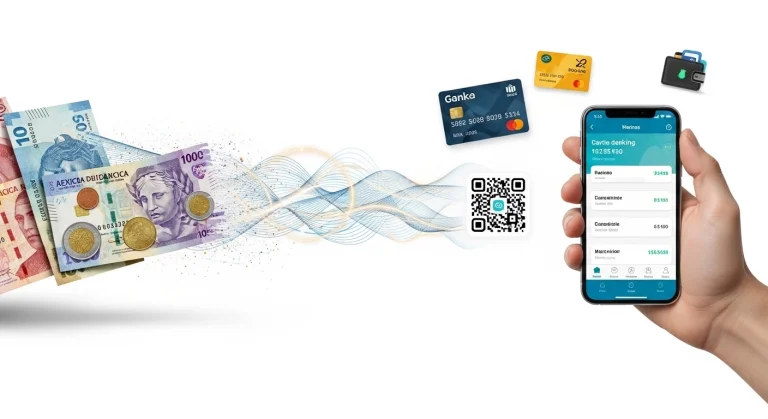With the arrival of the version PCI DSS v4 have been introduced significant changes in the Self-assessment Questionnaires (SAQ), which are fundamental tools for traders to assess their compliance with the standards of safety.
In the field of security of electronic payments, the PCI DSS (Payment Card Industry Data Security Standard) is a set of rules and requirements designed to protect the information of the payment card and to ensure the security of electronic transactions.
Why is it important?
The PCI DSS is a security standard developed by the major credit card brands (Visa, Mastercard, American Express, Discover and JCB) with the aim of protecting the information of the payment card and to reduce the risk of fraud and security violations. Comply with the PCI DSS is essential to any entity that can process, store or transmit card information for payment.
Developments in the Self-assessment Questionnaires (SAQ) in version 4
-
New categories SAQ:
Version 4 of the PCI DSS introduces new categories of SAQ to adapt to different types of entities and scenarios in processing of payments. This makes it easy for organizations to find the questionnaire that best fit their operations, which in turn improves the efficiency in the assessment of compliance.
-
Greater focus on the segmentation of networks:
With the growing complexity of the networks and payment systems, PCI DSS v4 puts a special emphasis on the segmentation of networks to reduce the attack surface and protect the sensitive data of payment cards. The SAQs updated to reflect this approach by requiring detailed information on the network segmentation and access controls.
-
Update technical requirements:
Version 4 of the PCI DSS includes updates on the technical requirements to reflect the latest technologies and security best practices. This ensures that traders are using security measures are effective and up to date to protect the information of the payment card.
-
Greater emphasis on the risk assessment:
The new SAQs in the PCI DSS v4 incorporate a more detailed approach in the risk assessment, which enables organizations to identify and mitigate proactively potential threats and vulnerabilities in its systems for processing of payments.
-
Greater clarity and guidance:
To facilitate the understanding and application of the requirements of PCI DSS, version 4 includes a greater clarity and guidance in the Self-assessment Questionnaires. This helps the organizations to correctly interpret the requirements and take the necessary measures to comply with the safety standards.
In summary, the version 4 of the PCI DSS brings with it significant changes in the Self-assessment Questionnaires, which are fundamental for organisations to assess and improve their compliance with the standards for security of electronic payments. These changes reflect the continued evolution of threats and technologies in the field of the security of payments, and provide organizations with the tools necessary for the effective protection of the information of the payment card and mitigate security risks.
Fuente: https://n9.cl/iqcol
También te podría interesar leer https://iqcol.com/ia-y-pagos-explorando-las-trampas-y-los-riesgos-potenciales-de-seguridad/



